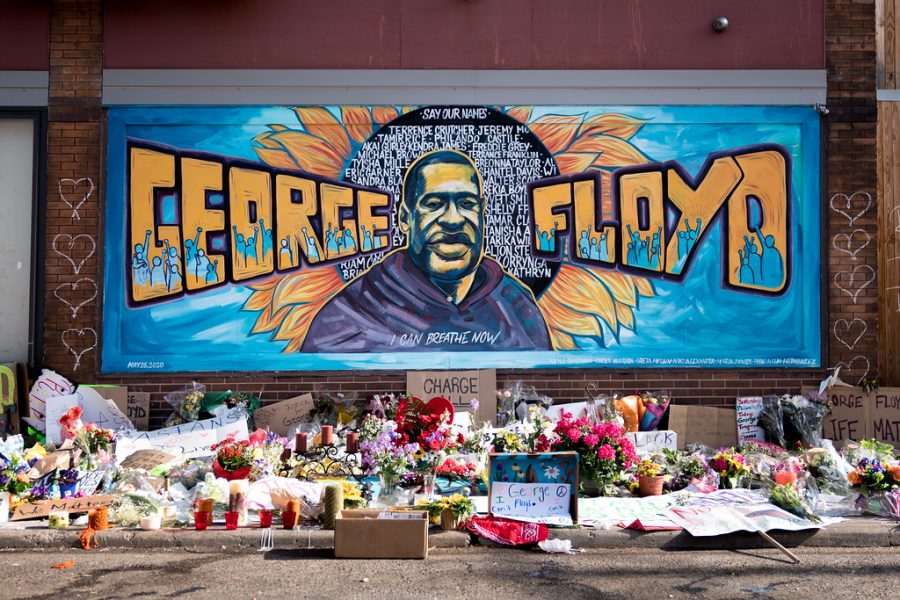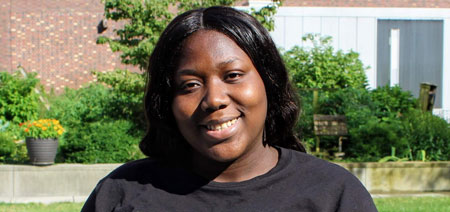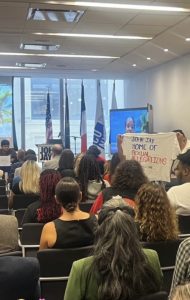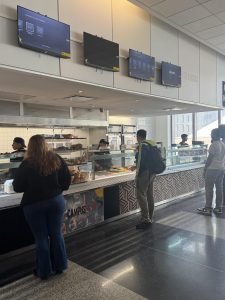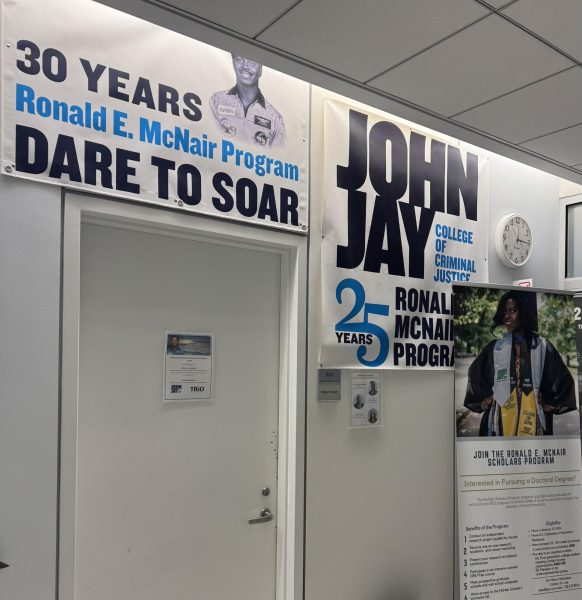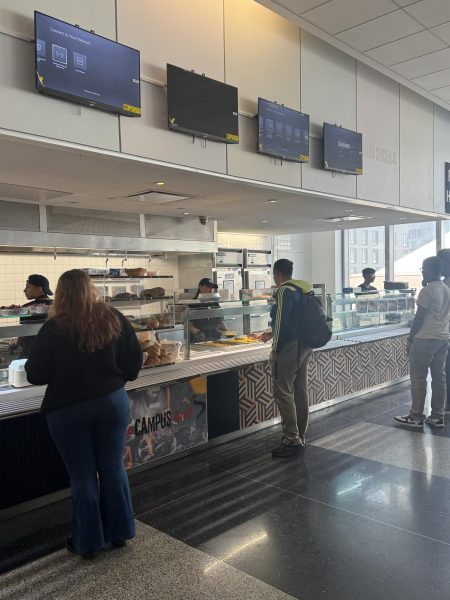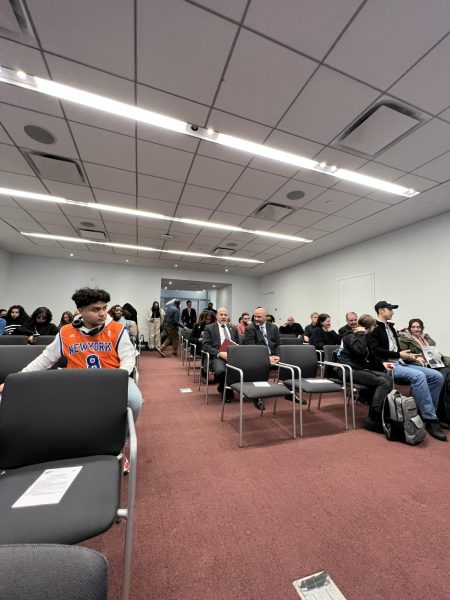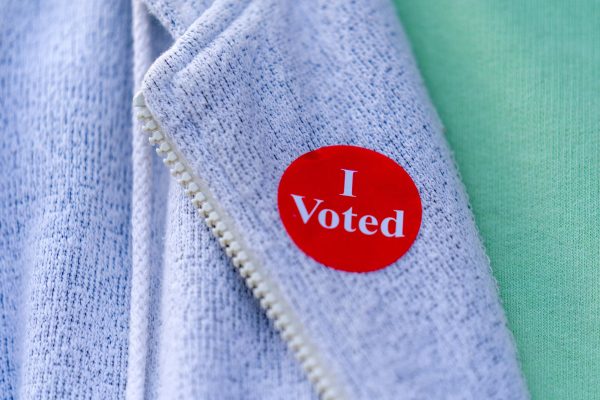John Jay Students React to Minnesota v. Chauvin Verdict
George Floyd mural outside Cup Foods in Minneapolis, Minnesota
April 21, 2021
After more than 10 hours of deliberation, the jury in the trial of Minnesota v. Derek Chauvin found him guilty of all charges. The verdict was delivered at 5:06 pm, EST.
The trial lasted a total of three weeks, in which the prosecution and defense brought contrasting arguments about the circumstances surrounding George Floyd’s death in Minneapolis on May 25, last year.
During the trial, video evidence revealed that the length of time Chauvin’s knee was placed on Floyd’s neck was not the time everyone thought. The full video showed that it was 9 minutes and 29 seconds.
For students like Lyniah Mungin, a junior at John Jay, she was honestly surprised after hearing the verdict.
“Not because I condone or understand what Chauvin did, but because of so many cases where officers aren’t held accountable,” said Mungin, a Political Science major at John Jay.
Other students, like Mariam Makanjuola, felt nothing but relief and excitement.
Makanjuola, a senior and Criminal Justice major said, “It’s a victory to every black human across the world because our voices are finally being heard.”
In preparation for the verdict, states across the country took precautions and shut down parts of their city. In Minneapolis, thousands of National Guard members were brought in and some schools even switched to remote learning.
Police officers in New York were out preparing for possible protests on Tuesday, ahead of the verdict, and again on Wednesday after the verdict’s release.
The conviction itself brought hundreds to Barclays Center.
In his speech after the guilty verdict, President Biden called it “a step forward,” with the nation still having to deal with systematic racism, including policing.
Rachel Demerville recalled how it felt to see this piece of justice come to pass.
Demerville, a senior and Political Science major said, “On one hand, I’m glad the family gets some sort of justice, but at the same time I feel like a lot of us were expecting him to get away with it, so we didn’t want to get our hopes up in feeling like we would get justice.”
The trial and the verdict were labeled historic.
Chauvin is the second Minnesota officer to be convicted of killing a civilian on the job, but the first Minnesota officer to be convicted of second-degree murder.
As a student at a criminal-justice-driven institution, Mungin reflected on how the verdict motivates her to fight for police reform.
“This really shows that our justice system is capable of doing good and I want to be a part of that process,” she said. “I genuinely hope that this will go down in history as a turning point in the fight for police reform and accountability.”
During the apex of social media usage amidst the pandemic, the video circulation of George Floyd’s death was instrumental in prosecuting Derek Chauvin.
“It was an essential tool, by reposting, making reels on Instagram, people commenting on posts, and tweeting,” said Makanjuola. “This truly ensured that justice was served.”
Media coverage of the trial spanned across several networks; with the jury sequestered to deliberate. It consisted of seven women and five men. Six jurors are white, four are black, and two identify as multiracial.
Demerville recalled the significance of video evidence and living in a time where everyone is watching.
“I honestly feel like if that 17-year-old girl was not there recording, we probably wouldn’t have had a guilty verdict,” she said. “And that’s why people record more these days; because they know, this is the only thing that’s gonna help refute the officer’s words.”
After the verdict, Chauvin was remanded into custody with sentencing approaching in the coming weeks.
He faces up to 40 years in prison for second-degree murder, up to 25 years for third-degree murder, and a possibility of up to 10 years for second-degree manslaughter.


